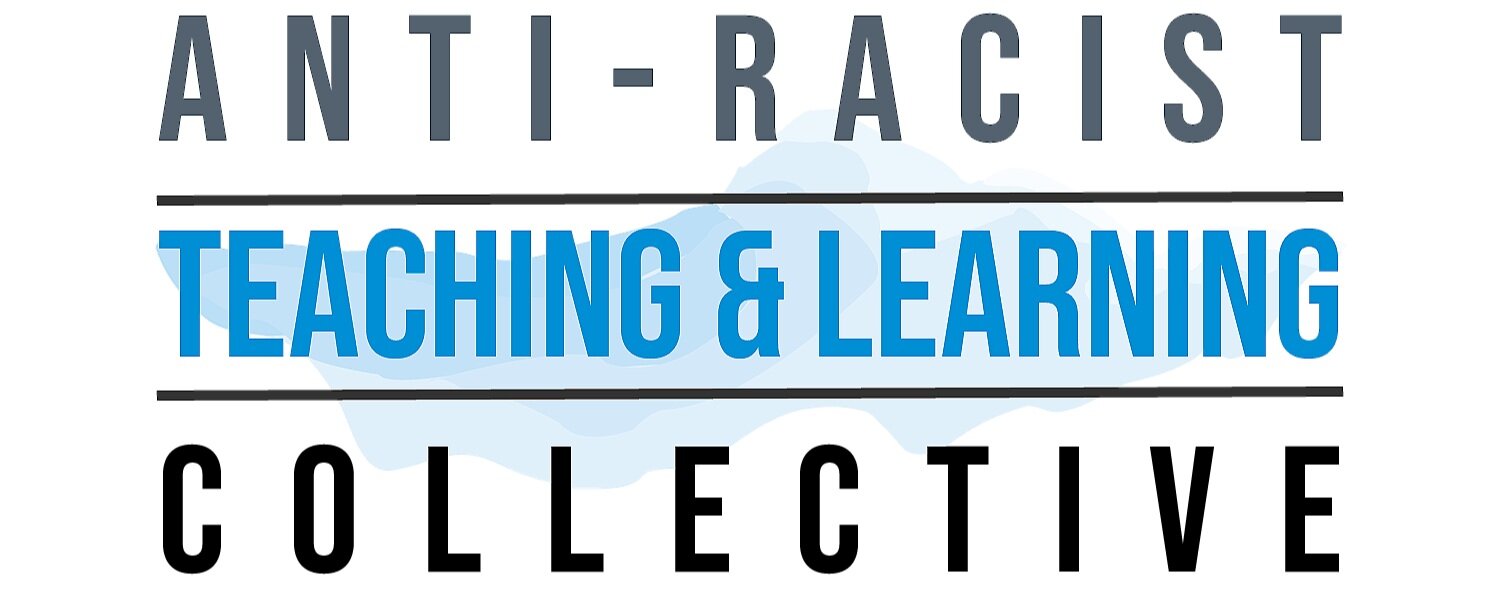Interview with Isabelle Geller, Metro Business Academy
By Mark Hu, Student at Hamden High School and ARTLC student writing fellow
Recently, I had the opportunity to interview Isabelle Geller, a social studies and humanities teacher at the Metropolitan Business Academy in New Haven. We focused on an activity done at Metro called student roundtables.Performed instead of final exams, they involve students making verbal and written presentations of their work to visiting guests. The following summary of our conversation has been edited for length and clarity.
MH: At Metro, roundtables have been adopted for students instead of traditional finals. Can you tell me more about how these roundtables work and why they are preferred over regular testing?
IG: Sure! The concept of roundtables at Metro was inspired by Consortium schools in New York City. Instead of relyingsolely on standardized tests, they use performance-based assessments and have a New York State Regents waiver. In a roundtable setting, students get the chance to share their learning journey, including their successes, challenges, and growth, with an authentic audience. This is a nice change from the typical exam where students repeat memorized information. The roundtables involve small groups of about four or five students presenting different aspects of their learning. For example, in an English class, students introduce themselves and showcase two assignments that highlight their strengths or areas where they can improve. They then receive feedback and answer questions from their peers and adult validators from the community. This process fosters engagement and allows outsiders to see students' accomplishments in public schools, encouraging accountability.
MH: That sounds like a unique approach. How do these roundtables tie in with anti-racist education?
IG: The roundtable format is important in promoting anti-racist education both inside and outside the classroom. It allows an environment of learning together, which builds strong relationships, community, and empowerment. By valuing students' achievements, setbacks, and discoveries as a collective effort involving the community - not just educators - roundtables counteract the discriminatory nature of standardized tests. Unlike the corporate-backed tests, which have a history of racism, roundtables provide an alternative way of assessment. Embracing this approach helps create a positive environment that rejects the notion of adult supremacy and prioritizes genuine connections with students.
MH: Have you noticed any impacts of roundtables on the school community?
IG: Yes, absolutely. During my second year at Metro, I had the chance to witness roundtables in action, with community members participating and multiple classes taking part. The experience was good for the teachers as it allowed them to break away from the limitations imposed by the pandemic. For ninth-grade students, three of their five finals wereconducted as roundtables, and the impact was positive. Throughout finals week, students became more comfortable discussing their work, sharing about themselves, and engaging with adults they hadn't interacted with before. It was a vulnerable yet exciting experience for them, and many preferred roundtables over the traditional stress-inducing tests. Evennervous students grew more confident through multiple participation opportunities.
MH: Can you tell me more about the insights or skills you've gained during your time at Metro?
IG: Absolutely. As a teacher, I've been able to refine my ability to facilitate meaningful discussions and create asupportive atmosphere for students to express themselves openly. I have also witnessed firsthand how authentic assessments like roundtables can boost student engagement and empowerment, encouraging them to take ownership of their learning journey. Moreover, I've seen the power of community involvement in education, strengthening the bonds between students and teachers.
MH: To wrap it up, what else would you like to see to ensure an engaging education for kids?
IG: Meeting the basic needs of both teachers and students is important. This includes having an adequate number of teachers to improve the overall learning environment. I've been inspired by educators who view teaching, organizing, andcommunity engagement as interconnected aspects of education. Strengthening these connections through the curriculum, fostering meaningful relationships, and actively involving the community can create a powerful and collective educational experience, much like what we see with roundtables at Metro.

